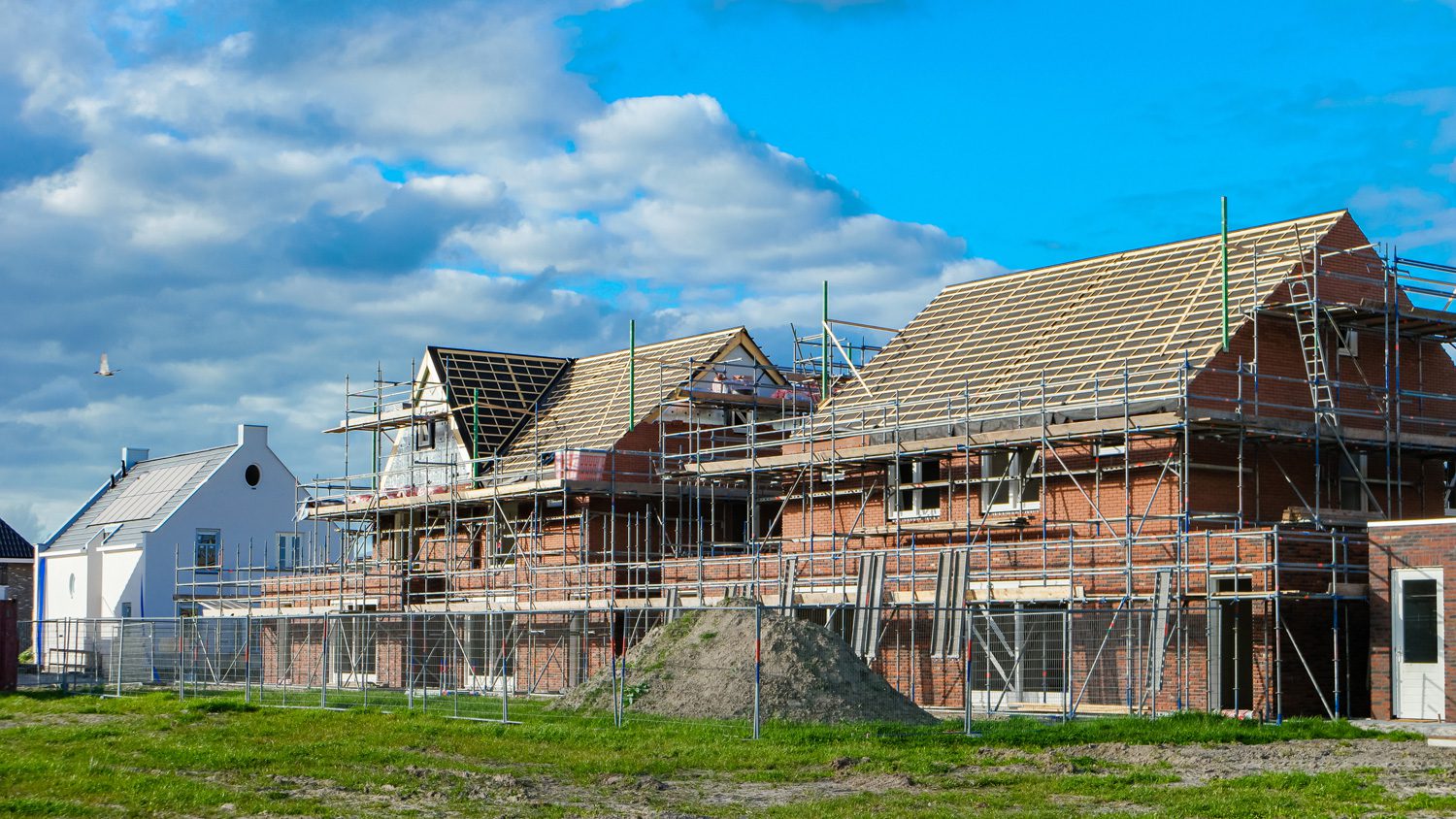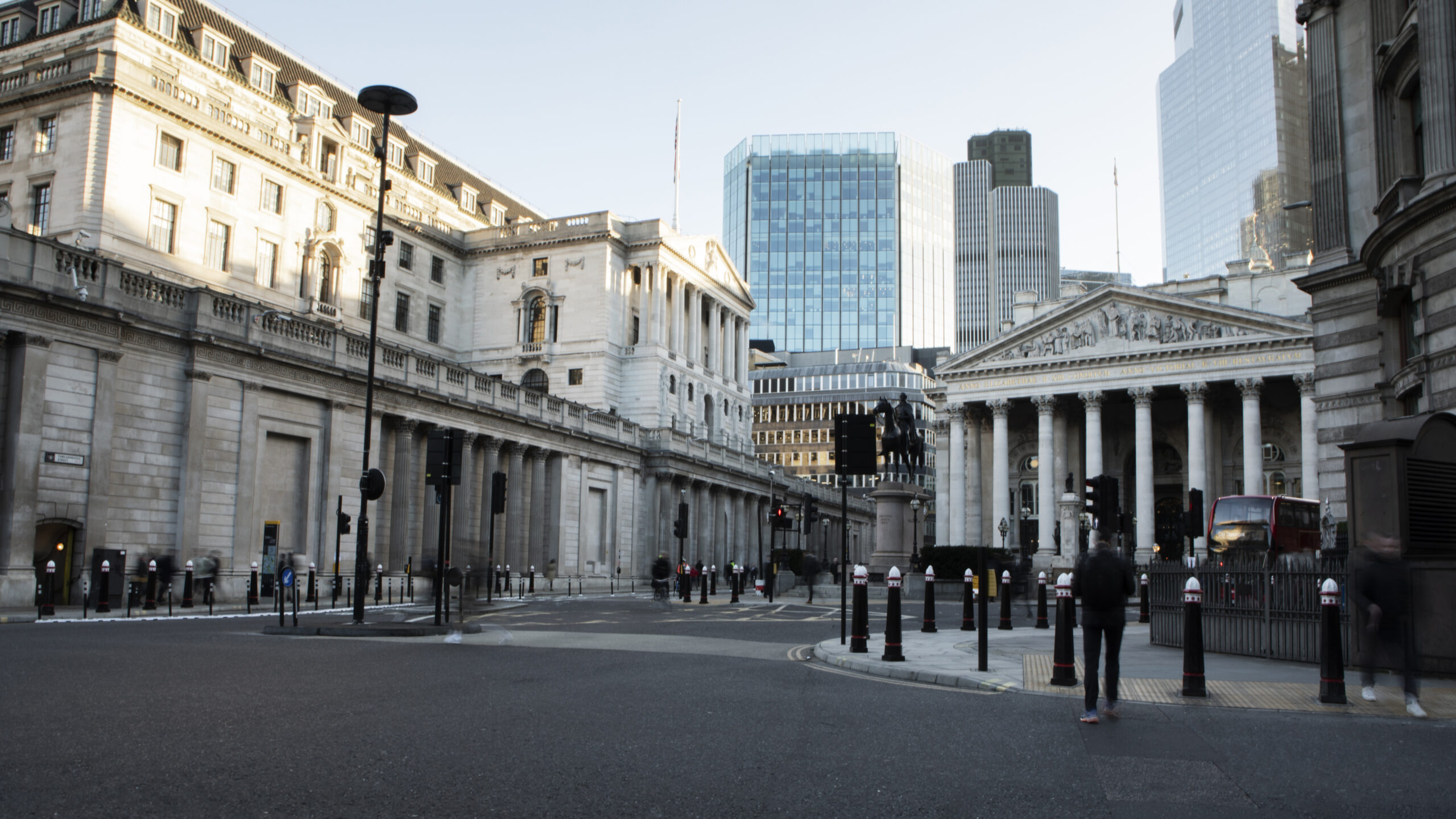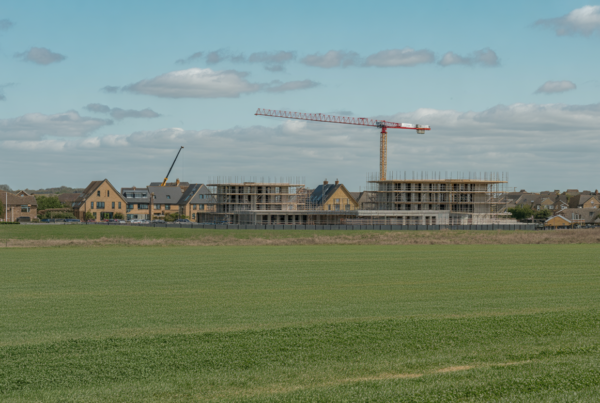The Bank of England’s recent interest rate cut is stirring up optimism across the financial landscape, especially for UK property developers. While this cut means lower borrowing costs, its real impact depends on the type of loans developers hold and, more broadly, the mortgage market, which is key to developers since buyers depend on mortgages to acquire properties.
Who Benefits from the Interest Rate Cut?
For developers with variable-rate loans or those about to secure new financing, this interest rate cut is a welcome relief, freeing up funds that can be invested directly into projects by lowering interest facilities and increasing day-1 advances. However, for developers with fixed-rate loans, the impact will be minimal since their rates are locked in for the duration of the loan.

Mortgages: Key to Buyer Sentiment and Property Sales
For property developers, mortgage affordability plays a huge role in buyer sentiment and ultimately impacts how quickly they can sell their developments. Here’s how this rate cut could impact mortgages:
- Variable-Rate Mortgages: Homebuyers with variable-rate mortgages might see a drop in their monthly payments, boosting affordability and potentially sparking demand for new homes. However, not all variable-rate mortgages follow the Bank of England’s rate directly. Tracker mortgages typically do, but standard variable rates are set individually by lenders, and they may choose not to pass on the full benefit of this cut.
- Fixed-Rate Mortgages and Swap Rates: Fixed-rate mortgages work a bit differently. They’re influenced not by the Bank of England’s base rate but by swap rates. Swap rates reflect the cost for lenders to secure a fixed rate over a specific period, and they respond to the market’s broader expectations about the economy and long-term interest rates. If the market expects long-term inflation or economic growth, swap rates go up, making fixed-rate mortgages more expensive. When the outlook is softer, swap rates fall, potentially lowering fixed-rate mortgage costs.
- Because the Bank of England’s rate cut was widely anticipated, swap rates—and the cost of fixed-rate mortgages—have likely already factored it in. So while the rate cut boosts overall sentiment, it may not significantly change the price of fixed-rate products in the short term.
- Buyer Sentiment: Generally, lower interest rates give buyers confidence, as they perceive mortgages to be more affordable. However, caution remains due to the broader economic climate, including new global political shifts, the recent UK budget, and ongoing issues like the conflicts in Ukraine and the Middle East and the US Election. These factors create a blend of optimism and caution for UK property buyers.
How Lower Interest Rates and Higher Taxes Affect Property Sentiment
While lower interest rates bring benefits, recent increases in capital gains and property taxes complicate things. Higher taxes can curb enthusiasm for new projects, especially in a climate of rising operational costs. Developers might hesitate to expand portfolios if taxes start to eat into returns, limiting the potential boost a lower interest rate would otherwise bring.
This tax-related caution is particularly relevant in the commercial and residential sectors, where tax policies are a major factor in decision-making. Developers will need to balance the benefits of cheaper borrowing against a heavier tax load, which can impact overall profitability. So, while the rate cut aims to stimulate investment, tax policy will still play a crucial role in shaping both sentiment and investment decisions.
The Influence of Swap Rates on Long-Term Financing
When it comes to fixed-rate products, swap rates play a much bigger role than the Bank of England’s rate. Swap rates are the rates that lenders pay to secure fixed-rate financing over the long term, and they respond more to long-term economic expectations than to short-term interest rate cuts. Because markets often anticipate central bank actions, they had largely priced in the recent rate cut ahead of time. This means the immediate effect of the Bank of England’s rate cut on swap rates and fixed-rate mortgages is minimal, as lenders were already prepared for a low-rate environment.
Global Influences and Domestic Policy on Interest Rates
A range of global events and policies are shaping the UK property market right now:
- Geopolitical Events: Events like the conflicts in Ukraine and the Middle East create volatility that affects global markets. The recent re-election of Donald Trump in the U.S. is also introducing new dynamics to global trade and policy, which may impact investor confidence. For UK developers, these events add a layer of complexity, as global stability plays into the property market and overall sentiment.
- Domestic Policy and Economic Outlook: Recent UK budget decisions are influencing both consumer confidence and investor sentiment. A healthy domestic economy with clear growth potential is essential for a positive property outlook.
Conclusion: A Strategic Moment for Developers
The Bank of England’s interest rate cut brings opportunities, but its effects are nuanced. Developers with variable-rate financing and buyers seeking variable-rate mortgages may see immediate benefits. However, for those looking at fixed-rate products, swap rates and broader economic expectations still play a decisive role. In addition, factors like higher capital gains and property taxes, as well as global political shifts, mean developers must consider both domestic and international trends. Timing and strategic awareness will be essential for those looking to make the most of today’s financial landscape.
About the Author

James Mole
Director
James started his career in financial services advising property investors on specialist finance solutions, including portfolio and commercial lending. He expanded his network to SME developers, assisting them in arranging funding options that cover short-term finance, ground-up and mezzanine. James’ analytical methods to debt implementation are a real point of difference for both developers and lenders.





